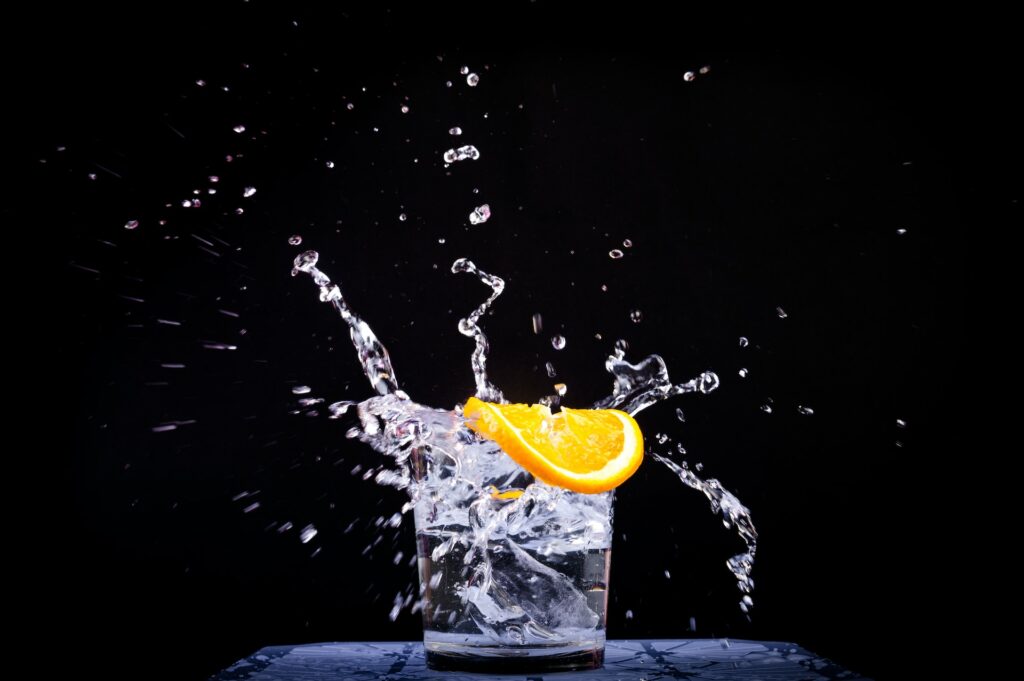Introduction
Staying hydrated is crucial for optimal athletic performance. Proper hydration helps athletes maintain focus, endurance, and overall physical well-being. In this article, we will delve into the importance of hydration for athletes, its benefits, and practical tips to ensure you stay properly hydrated during training and competition.
Why is Hydration Important for Athletes?
Hydration plays a key role in various bodily functions that are vital for athletic performance.
1. Temperature Regulation
During physical activity, the body temperature rises. Sweating is the body’s natural cooling mechanism. However, excessive sweating without proper hydration can lead to dehydration, which impairs thermoregulation and increases the risk of heat-related illnesses. By staying hydrated, athletes can maintain a stable body temperature and avoid heat exhaustion or heat stroke.
2. Performance and Endurance
Dehydration can significantly affect an athlete’s performance and endurance. Studies have shown that even mild dehydration, as low as 2% loss of body weight, can lead to a decrease in physical and cognitive performance. It impairs muscle function, reduces strength, and affects coordination and reaction time. Proper hydration helps athletes sustain their energy levels, improve their physical performance, and delay the onset of fatigue.
3. Nutrient and Oxygen Delivery
Water is essential for the transportation of nutrients and oxygen to the muscles. It helps flush out waste products and supports the synthesis of glycogen, which is crucial for sustaining energy levels during prolonged physical activity. Proper hydration ensures the muscles receive the necessary nutrients and oxygen for optimal performance and recovery.
4. Joint and Muscle Health
Dehydration can lead to muscle cramps, spasms, and even injuries. Water acts as a lubricant for joints and helps maintain the elasticity of muscles. Adequate hydration supports joint mobility, reduces the risk of muscle strains, and aids in post-exercise recovery.
The Science of Hydration
In order to understand hydration better, it is important to know how the body regulates its fluid balance. The main two hormones involved in this process are antidiuretic hormone (ADH) and aldosterone, which are secreted by the pituitary gland and adrenal glands, respectively.
1. Thirst Mechanism
The body has a built-in mechanism to signal thirst, alerting individuals to drink fluids. However, by the time thirst is felt, the body is already somewhat dehydrated. Therefore, relying solely on thirst is not enough, especially during intense physical activity when dehydration can occur rapidly.
2. Electrolyte Balance
Electrolytes, such as sodium, potassium, calcium, and magnesium, play a crucial role in maintaining fluid balance within cells and throughout the body. Electrolytes help drive the absorption of water and fluids across cell membranes. During prolonged and/or intense exercise, electrolyte loss through sweat can occur, which needs to be replenished alongside fluid intake to maintain proper hydration.
3. Urine Color
Monitoring urine color is one way to assess hydration levels. Dark yellow urine indicates dehydration, while light or pale yellow urine usually suggests good hydration status.
Practical Tips for Staying Hydrated
Now that we understand the importance of hydration for athletes, let’s explore some practical tips to ensure proper hydration:
1. Drink Enough Fluids
It is recommended to drink fluids regularly throughout the day, not just during physical activity. Aim for at least 8 cups (64 ounces) of fluids daily, and even more during intense exercise or in hot weather. Water is the best choice, but sports drinks and low-sugar electrolyte solutions can also be beneficial.
2. Pre-Exercise Hydration
Start your exercise session well-hydrated. Drink approximately 16 ounces of fluids 2-3 hours before exercising, and another 8 ounces 10-20 minutes before starting. This helps ensure you begin your activity adequately hydrated.
3. Fluid Intake during Exercise
During exercise, aim to drink 7-10 ounces of fluids every 10-20 minutes, depending on the intensity and duration of your activity. If you’re engaged in prolonged endurance events, consider sports drinks that contain electrolytes to replenish both fluid and mineral losses.
4. Rehydrate Post-Exercise
After finishing your workout or competition, make sure to replenish the fluids you lost. Drink at least 16-20 ounces of fluids for every pound lost through sweating during exercise. This will help restore your hydration levels and support the recovery process.
5. Monitor Hydration Status
Pay attention to signs of dehydration, such as increased thirst, dry mouth, dark urine, dizziness, fatigue, or muscle cramps. Monitoring your weight before and after exercise can also give you an idea of your fluid loss. For every pound lost during exercise, drink 16-24 ounces of fluids to rehydrate effectively.
FAQs
Q1: Can I rely solely on thirst to stay hydrated during exercise?
A1: No, relying solely on thirst is not enough, as it is a late signal of dehydration. Remember to drink fluids regularly even before feeling thirsty, especially during intense exercise.
Q2: Are sports drinks necessary for hydration during exercise?
A2: Sports drinks can be beneficial for intense or prolonged exercise, as they provide not only fluids but also electrolytes and carbohydrates to support energy levels and replenish sweat losses. For moderate exercise, water is generally sufficient.
Q3: Can I drink too much water and overhydrate?
A3: While rare, overhydration can occur, primarily in endurance events. It is recommended to drink fluids based on your personal sweat rate and fluid losses, aiming for proper hydration without overdoing it.
Q4: Are there any other sources of hydration besides water?
A4: Yes, besides water, you can hydrate through various fluids and foods that have high water content, such as fruits (watermelon, oranges), vegetables (cucumbers, celery), soups, and herbal teas.
Conclusion
Hydration is a game-changer for athletes. It significantly impacts performance, endurance, and overall well-being. By staying properly hydrated and following practical tips, athletes can improve their physical capacity, reduce the risk of dehydration-related complications, and optimize their training and competition experience. Remember, adequate hydration is not only essential during exercise but also throughout the day to maintain optimal health.

